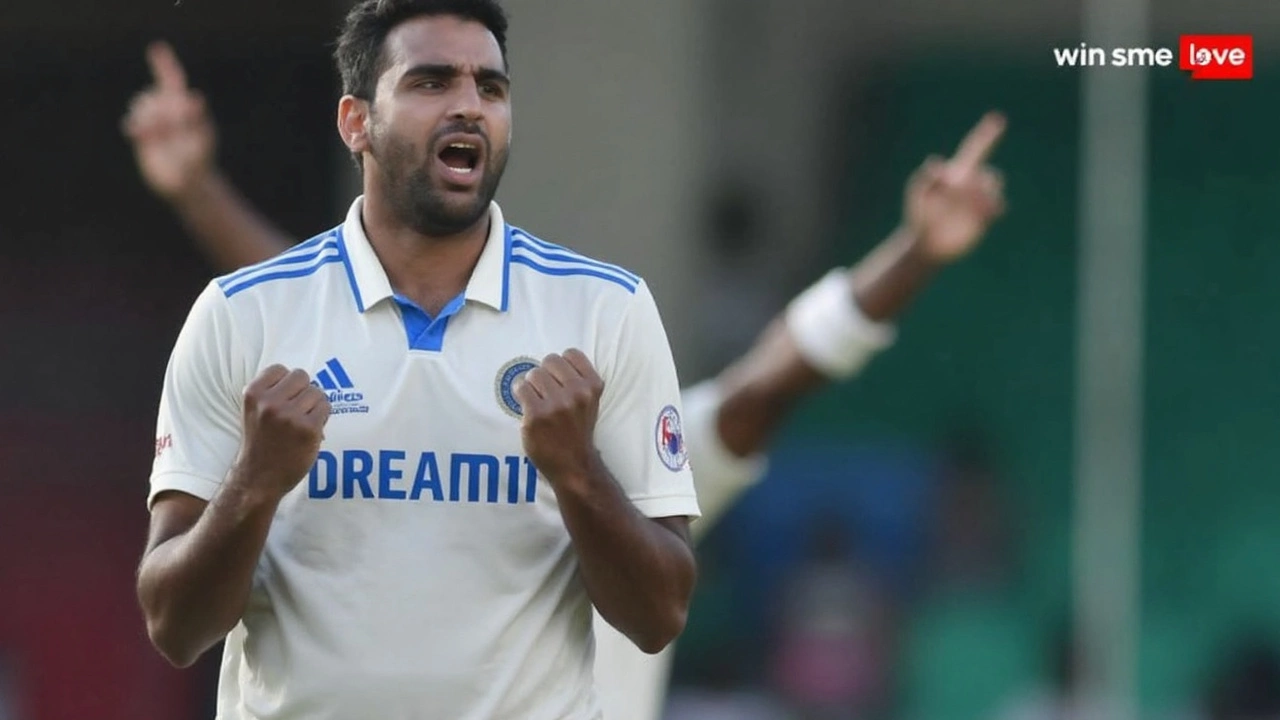ICC Regulations: What They Are and Why They Matter
When talking about ICC regulations, the official rulebook that governs international cricket, covering everything from player eligibility to tournament formats. Also known as ICC rules, they are the backbone of every major series. Below we break down the basics and show how these rules intersect with the biggest cricket events you follow.
The International Cricket Council, the sport's global governing body writes and updates the regulations each year. Its decisions affect everything from a bowler’s action clearance to the points system used in the World Test Championship, the league that crowns the best Test team over a two‑year cycle. When the ICC tweaks the points formula, teams adjust their strategies, and fans see new batting or bowling records.
How ICC Regulations Shape Major Tournaments
Take the Champions Trophy, a limited‑overs competition that follows strict squad size and player eligibility rules. The tournament can’t start unless each nation submits a 15‑player list that meets the ICC’s injury replacement criteria. That rule forced Mitchell Starc to pull out of the 2025 edition, highlighting how the regulations protect player welfare while keeping the event fair.
Even the Indian Premier League, the world’s biggest T20 franchise league bends to ICC guidelines. The league must respect the International Player Draft limits, the overseas player cap, and the bio‑security protocols set after the pandemic. When Sunrisers Hyderabad reshuffled their squad, the changes were vetted against these standards, showing the direct link between the league’s moves and the ICC’s rulebook.
These examples illustrate three core semantic triples: "ICC regulations govern player eligibility," "Champions Trophy follows ICC regulations," and "World Test Championship points are calculated under ICC regulations." They reveal a pattern – every major event lives inside the rule framework, and any shift in the rules ripples through match outcomes, player careers, and fan experience.
Beyond tournaments, ICC regulations also dictate disciplinary actions. If a bowler’s action is deemed illegal, the council can suspend the player until remedial work is completed. That’s why you’ll see headlines about a player’s comeback after a clearance test – the rulebook ensures fairness across all levels.
For fans who love the stats, the regulations matter too. The ICC sets the criteria for what counts as a record – a ball bowled in a sanctioned match, a run scored under a recognized format, or a wicket taken in a tournament that meets its standards. That’s why Mitchell Marsh’s controversial dismissal drew so much debate: the umpires’ decision was judged against the official playing conditions defined in the ICC rulebook.
Understanding these rules helps you read match reports with a sharper eye. When you see a player withdrawn due to injury or a team fined for a slow over rate, you’ll know the exact regulation behind the headline. Below, you’ll find a curated collection of articles that dive deep into recent ICC regulation stories – from player bans to tournament format changes – giving you the context you need to stay ahead of the game.
